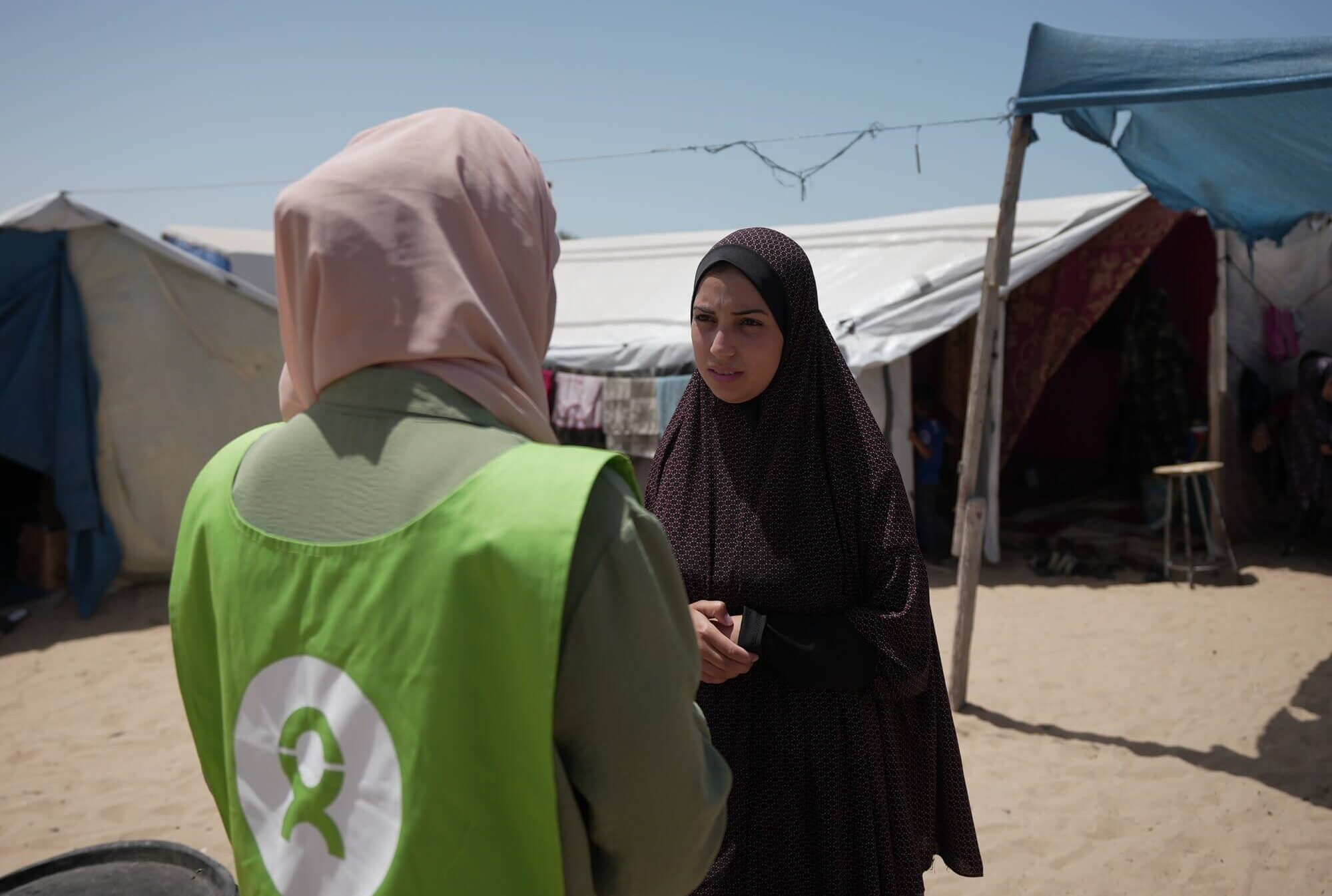Just hours after President Obama’s re-election was confirmed, the United States backed a resolution in the First Committee of the United Nations to recommence negotiations on the world’s first legally binding Arms Trade Treaty – an historic international instrument to regulate the $70 billion global trade in weapons.
It was a joyous moment for the millions of people around the world who every day feel the deadly impact of the poorly controlled arms trade, which allows arms to end up in the hands of human rights abusers and despotic governments.
Earlier this year, the mood was decidedly more sombre. In July, the Arms Trade Treaty negotiations came to a standstill in the closing hours, when the US, followed by Russia, China and several other countries, said that it has problems with the draft treaty text and asked for more time. There was hope that another, final meeting would be held in early 2013 to finalise the treaty, but also concerns that the United States’ support could be withdrawn during this time (Republican candidate Mitt Romney and his running mate Paul Ryan had both stated their opposition to the Arms Trade Treaty). After ten years of work towards this instrument, the future of the Arms Trade Treaty seemed uncertain.
Yesterday’s vote at the UN, however, turned this uncertainty on its head. An unprecedented 157 countries voted in favour of the new Arms Trade Treaty Resolution co-authored by Australia, Argentina, Costa Rica, Finland, Japan, Kenya and the United Kingdom. This including not only the United States, but also China – the first time it has ever voted in favour of an Arms Trade Treaty resolution. More than ever before, the outcome shows the sustained commitment of the international community to finalise an Arms Trade Treaty – through a new, two week negotiating conference to be held in March in New York.
Following intense lobbying by civil society groups supportive of a strong and effective Arms Trade Treaty, the new resolution contains a proviso that if all states are not able to agree to a deal in March, the UN will keep the treaty on its current agenda. This would allow the text to be sent for a final vote at the UN General Assembly later in 2013.
This is a real second chance for the world to secure the Arms Trade Treaty – however there is still much work needed to fill in the missing pieces that will ensure the Treaty has a meaningful impact once adopted. Control Arms, an international coalition of NGOs working for a strong and effective Arms Trade Treaty and which includes Oxfam, has expressed its concern over the decision to produce an agreement by the “consensus rule” – which effectively gives any state a veto – putting at risk years of talks.
The new UN resolution bases future negotiations on a draft treaty text from the July 2012 Arms Trade Treaty Diplomatic Conference. The draft gives a good basis for a strong treaty, but has a few “missing pieces” which must be resolved to ensure it is an effective treaty. Control Arms is working to improve the text around several issues. One major concern is that ammunition, a deadly trade of over $US 4 billion annually which needs to be better regulated and monitored, is not yet properly included. Another clause could exempt weapons transfers from the treaty if they are labelled as part of a “national defence cooperation agreement”. Oxfam and others are also worried that the risk threshold for denying an arms transfer is currently set too high, so that some irresponsible deals could still slip through the net.
An Arms Trade Treaty is again in reach, but the world must seize this critical opportunity to ensure that the loopholes are closed and secure an ATT that really saves lives.
FIND OUT MORE
- Read Control Arm’s new report on closing the loopholes in the draft Arms Trade Treaty text, Finishing the Job: Delivering a Bullet Proof ATT
- Find out more about the Control Arms campaign


